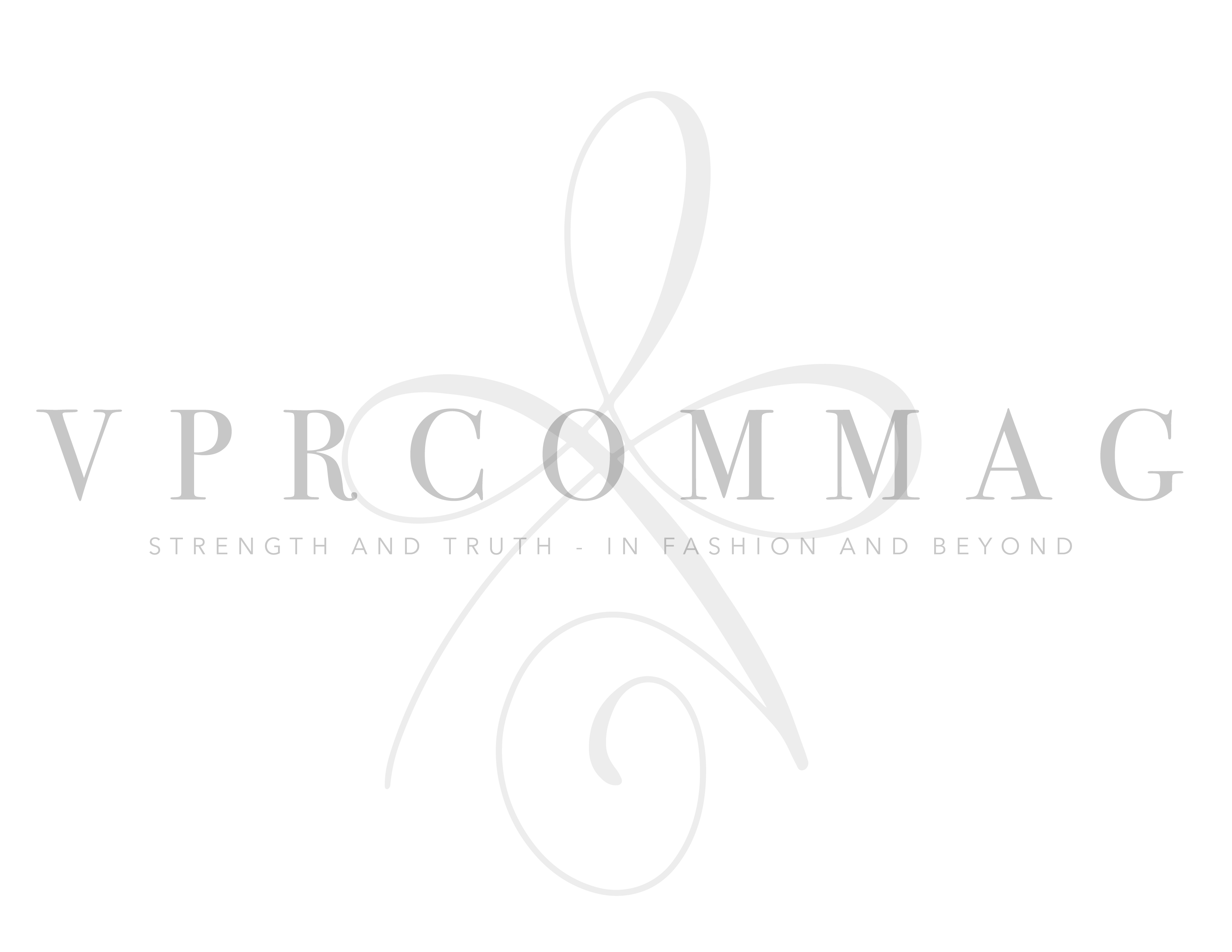Over the past few years, there have been substantial changes in the way that people conduct business. Traditional work practices have changed to meet the evolving needs of companies and individuals as a result of technological advancements and the move towards a more flexible and remote workforce. We will examine some of the most significant shifts in contemporary workplace culture and their effects on the workforce in this post.
Flexible Working Arrangements
The move toward flexible working arrangements is one of the biggest trends in contemporary workplace culture. Due to the rising popularity of remote work, many companies have put in place procedures that let staff members work from home or from other locations. This is made possible by technological improvements that have made it simpler for employees to stay connected to their coworkers and clients from any location.
Flexible work schedules have several advantages for both businesses and employees. For workers, it can boost job satisfaction, offer a better work-life balance, and cut down on travel time and expenses. It can aid organizations in lowering overhead expenses, boosting productivity, and enhancing employee retention rates. To sustain productivity and well-being, it is crucial to make sure that workers are sufficiently supported and equipped to work remotely.
Changing Performance Evaluations

Businesses now assess employee performance differently than they did in the past. More frequent feedback sessions are taking the place of traditional performance reviews, which are typically conducted once a year. This strategy enables managers and staff to communicate more often, identify areas for development, and set goals more successfully.
The functional capacity assessment for NDIS (National Disability Insurance Scheme) is an example of a modern approach to performance evaluation. This evaluation is intended to gauge a person’s functional capability and ascertain their capacity to carry out particular duties at work. Employees with disabilities or medical issues may benefit the most from it because it can help them identify any workplace modifications that may be required to support their wellness and productivity.
Greater Emphasis on Mental Health
The increasing focus on mental health is another significant trend in contemporary workplace culture. Employers are becoming more conscious of the negative effects that stress at work can have on their staff members’ well-being and mental health. To assist their staff in managing stress and preserving their mental health, many firms are putting in place mental health programs and support services.
These initiatives can be implemented in a variety of ways, including mindfulness training, mental health days, and employee help programs. The objective is to establish a welcoming and inclusive work atmosphere that gives employees’ mental health and well-being a top priority. By doing so, companies can increase productivity and job satisfaction while lowering absenteeism and worker turnover.
Embracing Diversity and Inclusion

Finally, diversity and inclusion have become increasingly important in today’s workplace culture. Corporations are introducing policies and initiatives to encourage diversity and inclusion in the workplace as they increasingly recognize the value of a diverse workforce. This includes hiring procedures that place a high value on diversity, education initiatives that advance knowledge of diversity-related issues, and support systems for workers from various backgrounds.
Initiatives promoting diversity and inclusion can be quite advantageous for businesses. They can improve creativity and innovation, attract and keep top personnel, and boost corporate performance as a whole. However, it is crucial to make sure that these activities are carried out successfully and that all employees experience a sense of worth and inclusion.
Conclusion
Modern work culture is continually changing to fulfill the demands of both employers and employees. The workplace is being shaped by a number of important developments, including adapting to diversity and inclusion, modifying performance evaluations, placing more focus on mental health, and flexible working arrangements. Businesses must make sure that these changes are done correctly and that employees are given the assistance they need in order to preserve productivity and well-being as they continue to adapt to these changes.


